
Berdi
urinary Track Health
In the realm of health and well-being, few nutrients stand out as prominently as Vitamin C. This essential nutrient plays a crucial role in supporting our immune system, acting as a shield against various illnesses and infections.
As we delve into the world of Vitamin C, let’s uncover its secrets and understand why it’s hailed as a cornerstone for robust immune health.
Vitamin C, scientifically known as ascorbic acid, is a water-soluble vitamin found in various fruits and vegetables. Its chemical properties make it a vital component for the proper functioning of our body. While commonly associated with oranges, Vitamin C is present in a wide array of natural sources.
Vitamin C plays an essential role in many body functions. From boosting your immunity to improving your skin, this nutrient can do wonders for you.
Our immune system serves as the body’s defence mechanism against pathogens. Vitamin C plays a pivotal role in this system by supporting the production and function of white blood cells, the frontline soldiers in our immune response. Ensuring an adequate intake of Vitamin C is, therefore, essential to fortify our natural defences.
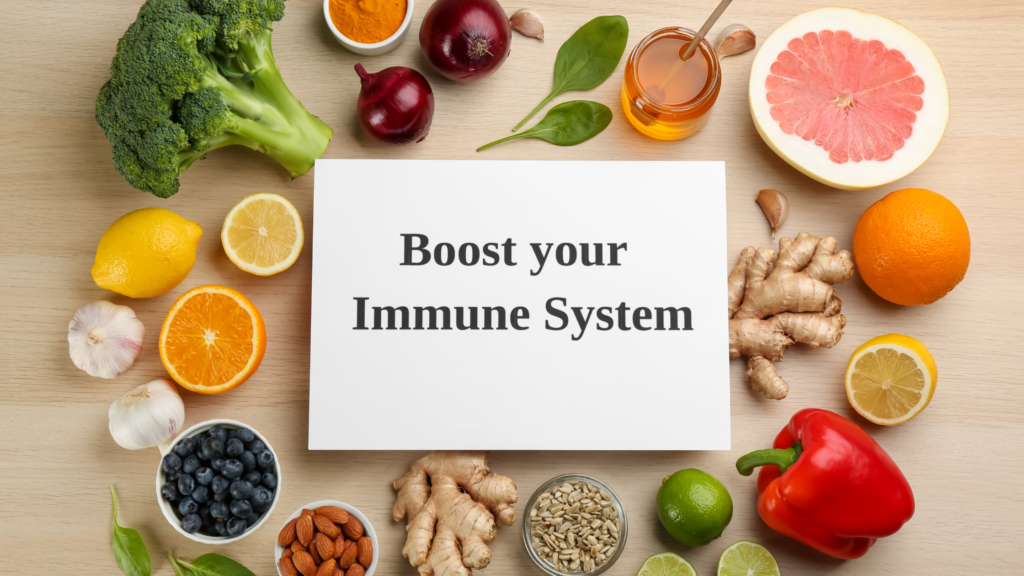
Vitamin C plays a pivotal role in supporting the production and function of white blood cells, particularly lymphocytes and phagocytes. These cells are fundamental components of the immune system, responsible for identifying and neutralising pathogens. Research highlights the essential role of Vitamin C in the differentiation and maturation of white blood cells, contributing to an effective immune response.
Vitamin C enhances the function of immune cells by supporting their migration to sites of infection and improving their ability to engulf and destroy pathogens. Studies indicate that Vitamin C can shorten the duration of respiratory infections, further emphasising its positive impact on immune function.

Beyond its role in immune function, Vitamin C boasts powerful antioxidant properties. Acting as a scavenger for free radicals, it helps protect our cells from oxidative stress. This supports overall health and contributes to the prevention of chronic diseases.
Numerous studies have explored the connection between Vitamin C and the prevention of colds and flu. Regular and sufficient Vitamin C intake has been linked to a reduced risk of falling ill, making it a popular choice during flu seasons. Understanding the recommended daily intake becomes crucial for those looking to bolster their immune defences.

Another remarkable aspect of Vitamin C is its involvement in collagen synthesis. Collagen, a protein that provides structure to our skin, plays a key role in wound healing and tissue repair. Ensuring an ample supply of Vitamin C accelerates these processes, contributing to healthier skin and faster recovery.

Despite its importance, Vitamin C deficiency is not uncommon. Recognising the symptoms, such as fatigue, muscle weakness, and joint pain, is crucial for early intervention. Risk factors, including poor dietary choices and certain medical conditions, can contribute to low Vitamin C levels.
Dietary choices form the primary source of Vitamin C. Including citrus fruits, strawberries, broccoli, and bell peppers in your meals can significantly boost your intake. Supplements like Route2Health’s Vitamin C should be considered for those with specific needs or challenges in obtaining sufficient Vitamin C from food alone. However, it’s essential to strike a balance and avoid excessive doses.
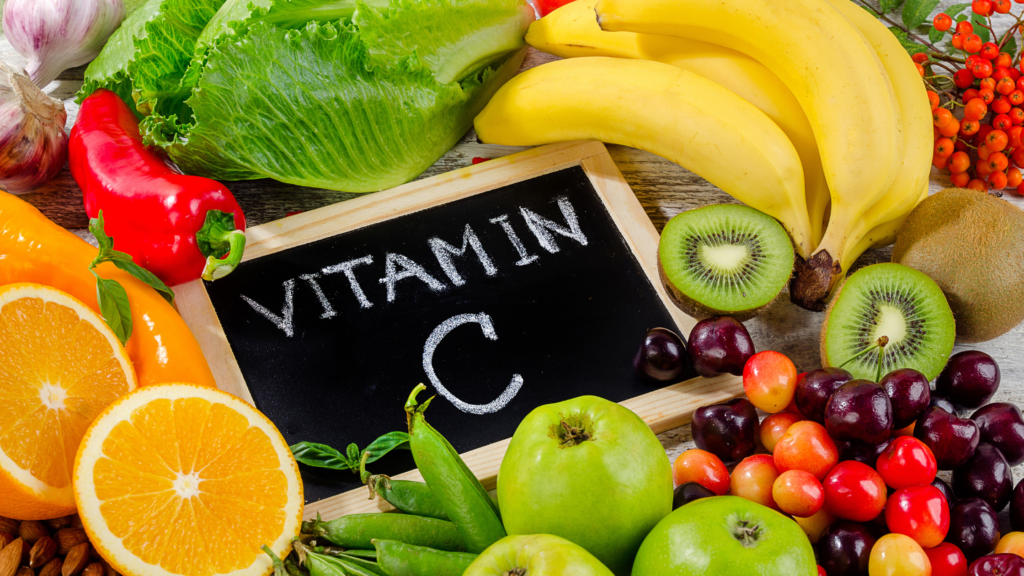
Guidelines for Vitamin C intake vary across different age groups. Infants, children, adults, and pregnant women have distinct requirements. Achieving the recommended daily intake through a combination of foods and, if necessary, supplements ensures optimal immune support.
According to the National Institute of Health, the RDA for Vitamin C across various ages is
| Age | Male | Female | Pregnancy | Lactation |
| 0–6 months | 40 mg* | 40 mg* | ||
| 7–12 months | 50 mg* | 50 mg* | ||
| 1–3 years | 15 mg | 15 mg | ||
| 4–8 years | 25 mg | 25 mg | ||
| 9–13 years | 45 mg | 45 mg | ||
| 14–18 years | 75 mg | 65 mg | 80 mg | 115 mg |
| 19+ years | 90 mg | 75 mg | 85 mg | 120 mg |
| Smokers Individuals who smoke require 35 mg/day more vitamin C than nonsmokers. | ||||
Vitamin C doesn’t work in isolation; its interactions with other nutrients influence its effectiveness.
Understanding these interactions underscores the importance of a well-balanced and varied diet. Incorporating a diverse range of nutrient-rich foods ensures that these synergistic relationships contribute to overall health and vitality.
In the grand tapestry of nutrition, Vitamin C emerges as a vibrant thread, weaving its way through the fabric of our immune health. You can have your daily dose of this marvellous nutrient by taking Route2Health’s Vitamin C supplement that provides 1000 mg of the nutrient.
Yes, you can get enough vitamin from Route2Health Vitamin C. While supplements can be beneficial, obtaining Vitamin C from a varied diet is ideal to ensure a broad spectrum of nutrients.
Excessive Vitamin C intake can lead to digestive issues. It’s essential to adhere to recommended daily limits.
Vitamin C is a valuable immune booster, but it doesn’t guarantee complete immunity. A balanced lifestyle is key to overall health.
Fatigue, muscle weakness, and joint pain are common signs. Consult a healthcare professional if you suspect a deficiency.
Citrus fruits, berries, and vegetables like bell peppers and broccoli are excellent sources of Vitamin C for vegetarians and vegans.
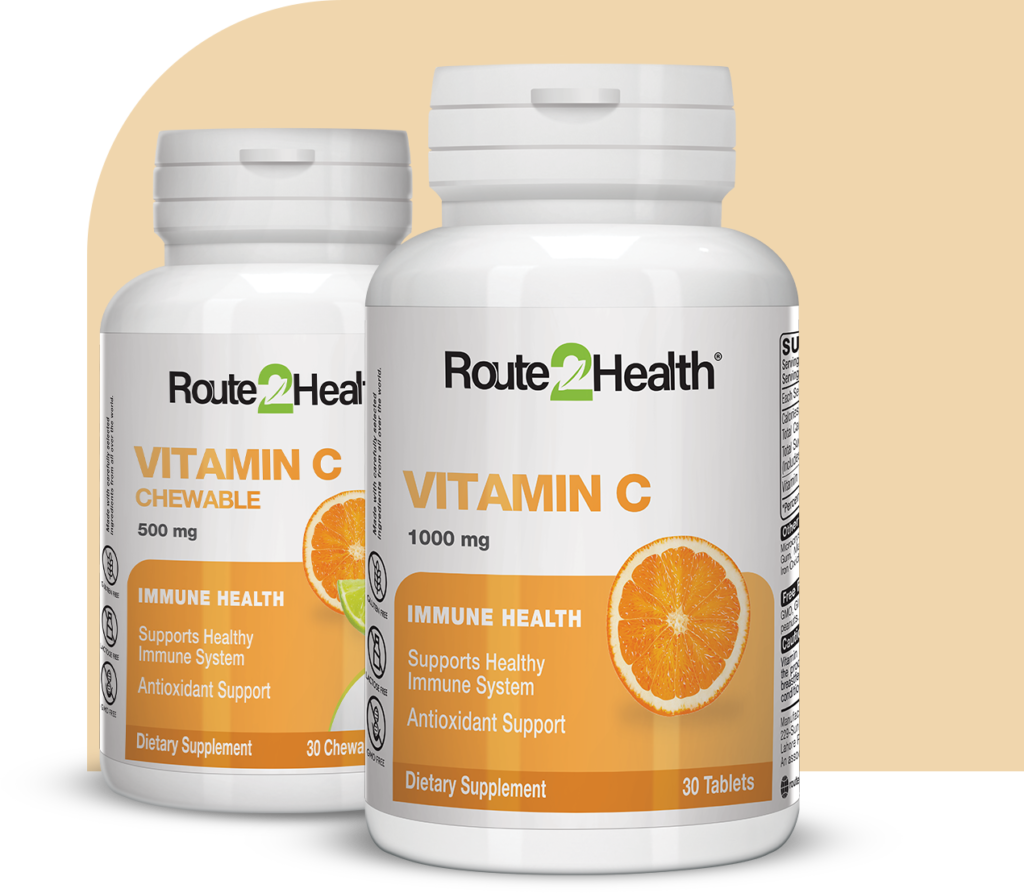

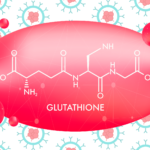





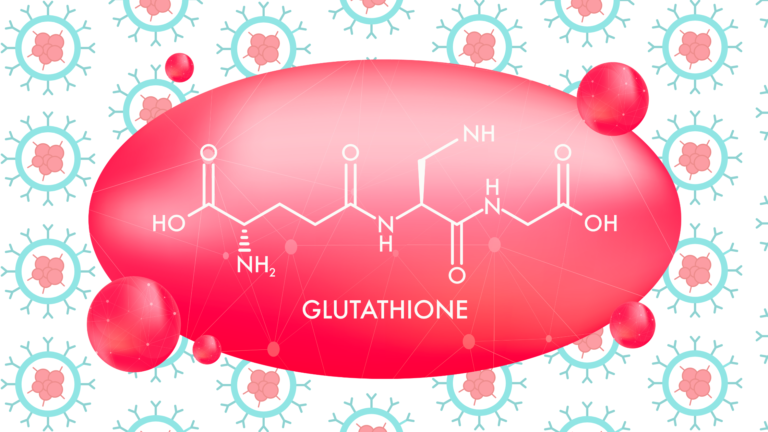


©2023 Route2Health®️
NTN: 2229383
AN ASSOCIATED COMPANY OF HIGHNOON LABORATORIES
STRN: 0301999937728

WhatsApp us
